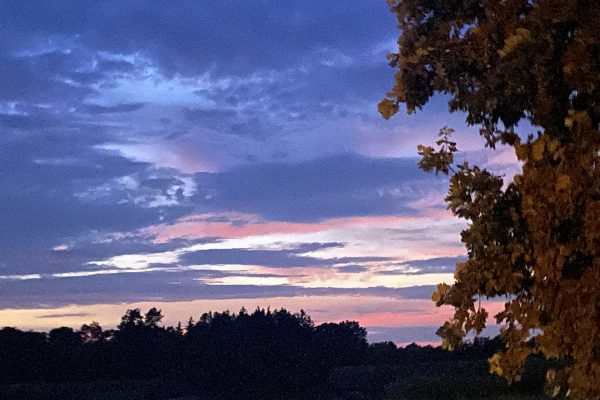When I was president of the Reconstructionist Student Association at the Reconstructionist Rabbinical College in the late 1990s, I thought it would be good to start our meetings with a berakhah. I wanted to orient our work toward holiness and remind us of the holiness of our work. The only problem: no berakhah for such an occasion existed. As I searched for bases in the Torah tradition, I found the following statement in the Jerusalem Talmud:
רבי ירמיה אמר העוסק בצורכי ציבור כעוסק בדברי תורה
Rabbi Yirmiyah said:
The one occupied with the needs of the community is like one who is occupied with matters of Torah.
—Talmud Yerushalmi, Brakhot 5:1
Rabbi Yirmiyah’s statement is in the context of a discussion of the hierarchy of mitzvot: When does engaging in one mitzvah exempt you from having to perform another, competing mitzvah? According to Jewish law, Torah study sometimes takes precedence over some other mitzvot. Rabbi Yirmiyah believed that serving the community was at the same level as Torah study. His statement made the text of my berakhah obvious. We already had a berakhah “la’asok b’divrei Torah” – “to occupy ourselves with matters of Torah.” Rabbi Yirmiyah says being occupied with community needs is equivalent to being occupied with matters of Torah. Thus:
בָּרוּךְ אַתָּה יְיָ אֱלֹהֵֽינוּ מֶֽלֶךְ הָעוֹלָם, אֲשֶׁר קִדְשָֽׁנוּ בְּמִצְוֹתָיו, וְצִוָּֽנוּ לַעֲסוֹק בְּצָרְכֵי צִבּוּר
Barukh atah adonai eloheinu melekh ha’olam asher kidshanu b’mitzvotav v’tzivanu la’asok betzorkhei tzibur.
How full of blessing you are, ETERNAL ONE, our God, majesty of the Universe,
who has consecrated us with Your commands, and commanded us to occupy ourselves with the needs of the community.
Reconstructing Judaism commissioned the music (which can be heard on the MP3 above) in honor of David Roberts’ 11 years of service as chair of our board of governors. The lyricist and singer on the recording is Rabbi Margot Stein. The guitar player is Rabbi Shawn Zevit.












2 Responses
Does anyone know when exactly this bracha was written/published?
Hello, Andrea! This was published in May 2016.